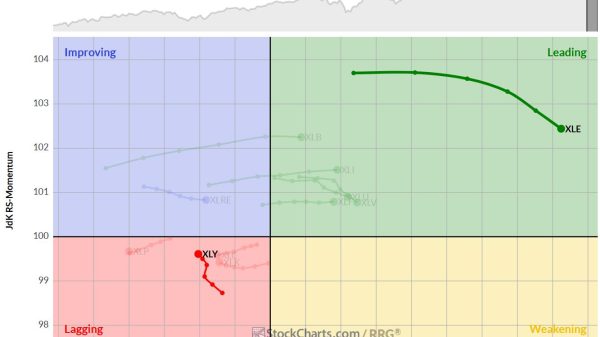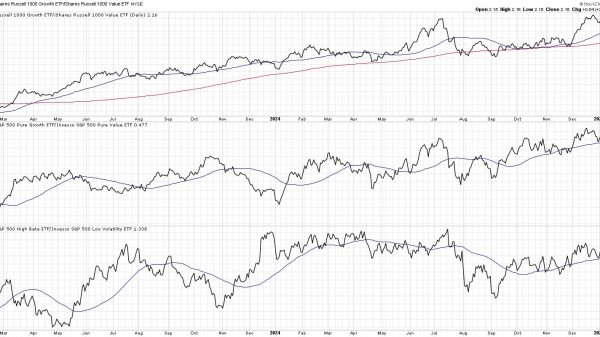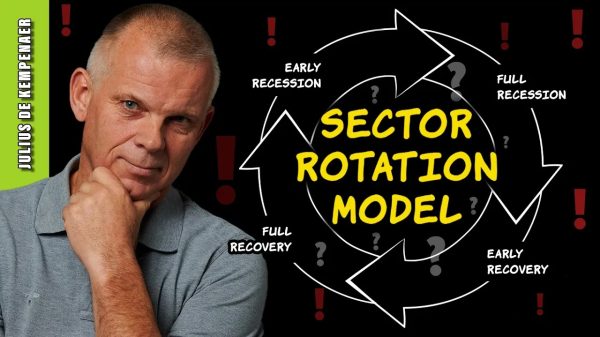America is in a funk. We’re mistrustful of one another, seething with petty resentments that sometimes build into rage and paranoia. We’re canceling people willy-nilly, throwing tantrums over the tiniest offenses. This must stop. It’s making us all miserable, and now threatening the stability of our entire society. Everyone, please, just cut it out.
This is the core message of Frank Bruni’s new book, The Age of Grievance. Bruni, a 25-year veteran of the New York Times, prides himself on moderation, nuance, and a commitment to liberal values. He’s a chin-scratcher, not a flame-thrower, or at least that’s what he’d like to believe. Now teaching at Duke University, he reports that his most-used phrase with students is, “It’s complicated.”
“They’ll become familiar with that,” he assures readers. “They may even become bored with it.” I confess that I did become a bit bored while reading this book, though complexity wasn’t the problem.
There’s not a whole lot going on here. Every idea Bruni brings to the table has been hashed out a thousand times, in columns, podcasts, or panel discussions, from university lecture halls to the pages of Real Clear Politics. There’s a chapter on income inequality and the fading American Dream. There’s a chapter on social media and the vicious cycles of intense partisanship and the rage-bait machine. One chapter on the “Oppression Olympics” ruminates on the perverse incentives of rewarding and ranking society’s victims, while another laments declining respect for law and democratic norms. Naturally, there is the obligatory call to get out of our comfort zones, make new friends, engage people where they are and all that jazz. Most of it is broadly true, even if he does (rather ironically) make his case about the evils of grievance mostly by complaining relentlessly about the failures of the political right. But the true parts are familiar, and the most distinctive claims are untrue.
Those relate to the “old left’s” relationship to today’s progressive edge. Clearly, Bruni has reached the phase in life where the young activists of his own team are alarming him with their crusading zeal and over-the-top methods. He thinks the reformers of his more youthful days (especially in the Marriage Equality movement) were far more measured and reasonable, and he’d like to use his authority to steady the youngsters a bit. The trouble is that he has very little authority with that audience, nor is he willing to examine the role his own cohort played in creating them. In The Age of Grievance, Bruni has thus bequeathed to posterity a book-length expansion of the phrase, “now, now.”
Truthfully, as a conservative, I did find myself pondering some fairly complex questions as I read, albeit not the ones Bruni himself raises. He is an established leftist writing for a left-leaning audience, so I could hardly expect to like the book. In these polarized times, a book I did consider fair would surely enrage and alienate Bruni’s loyal readers. Even so, he is making at least some effort to rein in his own team’s worst impulses by critiquing the insanity of modern Newspeak (pronouns and all), chiding college activists for their hypersensitivity and intolerance, and exhorting his fellow progressives to be humbler, less touchy, and more respectful of difference. Perhaps then, as a hostile reader, I should look past the endless provocations and vast differences of perspective, and appreciate that Bruni is at least trying to use his podium to do a good thing.
Even grading on that rather steep curve, I could not really imagine this book accomplishing much good. If a pundit is on a good-faith mission to awaken better angels, he can be forgiven some amount of ego-stroking, and some performative efforts to prove to like-minded readers that he is still “on side.” Those features would need to be balanced against something that enlightens or challenges his readers in some meaningful way. I don’t see it.
To challenge his readers, Bruni would need to raise the possibility that they have significant mistakes to atone for or shortcomings to address. But in his telling, it’s really only the right that has serious pathologies, of the sort that channel hatred, fear, or a profoundly distorted perception of reality. On the left, people may exhibit some more garden-variety human failings (confirmation bias, defensiveness, incivility in discourse) but their motives are mostly benign, their aims admirable (an inclusive society!), and their big-picture premises sound. They’d be fine if they were more willing to embrace that wise, circumspect “it’s complicated.”
That kind of shallowness effectively vitiates any value a book like this might have. A thinker like Yascha Mounk is willing to consider seriously where progressive thinkers might have gone wrong ideologically, which in turn enables him to do more than just beg everyone to play nice. But Bruni doesn’t want to go that far. Even when he does critique a writer like (say) Robin DiAngelo, he mostly gives the content a wide berth and contents himself with some bland remarks on her divisive methods, and how they may just not get her where she wants to go.
Sometimes they do, though. In my assessment, the Marriage Equality movement (which Bruni lauds as the most shining example of prudent social reform) provided a master class in how bullying, selectively ignoring laws, and distorting opponents’ real views and arguments can sometimes move Overton windows with astonishing speed. Those scorched-earth tactics do carry some negative consequences, but if Bruni’s generation were prepared to take its chances, why shouldn’t the next one do the same? People need strong reasons to restrain themselves in pursuit of a social goal that matters to them. And today’s young people clearly need help thinking through the goals themselves, considering whether they are attainable or even good. They won’t get any of that from The Age of Grievance.

































